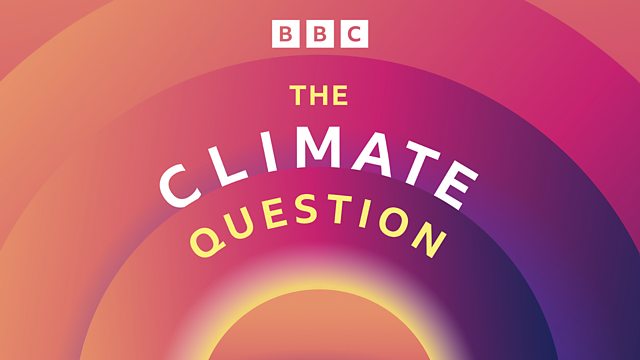What will happen to the fossil fuel workers?
The rise of renewables is good news for the climate, but for millions of families who rely on fossil fuels for a paycheque, it means big changes.
The rise of renewables is good news for the climate, but for millions of families who rely on fossil fuels for a paycheque, it means big changes.
People have been talking about a “just transition” for decades. The term was first used in the 1990s, when US unions were demanding help for those who'd lost their jobs because of tightening environmental laws. Now it means looking at how we decarbonise our economies around the world, without leaving certain people behind. Neal and Graihagh hear from Craig, Colorado, as it plans for the shut down of its coal mines.
They also hear from the Middle East and North Africa, where countries have relied on oil and gas for their economies. The money from fossil fuels has kept an instable region together in the past, so what happens when that money runs out?
Reporter: Sam Brasch, Colorado State Radio
Experts: Laury Haytayan, Middle East and North Africa director at the Natural Resource Governance Institute; Professor Paul Stevens, Distinguished Fellow, Energy, Environment and Resources Programme at Chatham House.
Producer: Jordan Dunbar
Researchers: Olivia Noon and Dearbhail Starr
Editor: Emma Rippon
Last on
Broadcasts
- Mon 8 Mar 2021 04:06GMT�鶹������ҳ��� World Service
- Mon 8 Mar 2021 09:06GMT�鶹������ҳ��� World Service
- Mon 8 Mar 2021 13:32GMT�鶹������ҳ��� World Service East and Southern Africa & West and Central Africa only
- Mon 8 Mar 2021 20:06GMT�鶹������ҳ��� World Service Americas and the Caribbean, UK DAB/Freeview, News Internet, Europe and the Middle East & Online only
- Mon 8 Mar 2021 21:06GMT�鶹������ҳ��� World Service Australasia, East and Southern Africa, South Asia, West and Central Africa & East Asia only
Podcast
-
![]()
The Climate Question
Why we find it so hard to save our own planet, and how we might change that.


